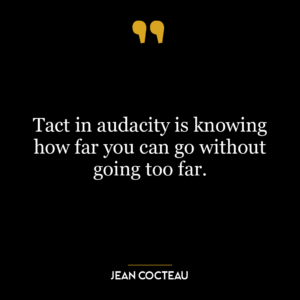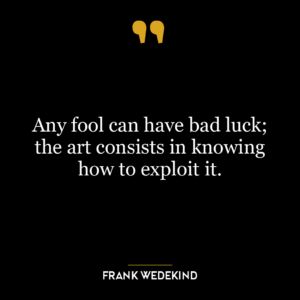This quote, “Whoever is capable of knowing when they have had enough will always be satisfied,” speaks to the concept of contentment and self-awareness. It suggests that satisfaction is not derived from the accumulation of wealth, experiences, or possessions, but rather from the ability to understand and appreciate what one already has. It is about recognizing the value of sufficiency and the dangers of excess.
In essence, the quote encourages us to practice restraint and moderation. It argues that the key to happiness and satisfaction lies in our ability to know when we have enough and not constantly strive for more. This idea is deeply rooted in the philosophy of minimalism and simplicity, where happiness is derived not from the abundance of possessions but from the richness of experiences and relationships.
In today’s world, this idea is more relevant than ever. We live in a society driven by consumerism and the constant pursuit of more: more money, more possessions, more experiences. This relentless pursuit often leads to stress, dissatisfaction, and a sense of never having enough.
Applying this quote to personal development, it encourages us to cultivate a sense of gratitude and contentment, to appreciate what we have rather than constantly striving for more. It invites us to redefine our understanding of success, not in terms of wealth and possessions, but in terms of personal satisfaction and happiness.
Moreover, it can also be applied to our consumption habits. In a world facing environmental crises, knowing when we have enough can contribute to sustainability by reducing overconsumption and waste.
In conclusion, this quote is a call for self-awareness, contentment, and sustainability. It asks us to question our values and priorities, and to find happiness not in the abundance of what we have, but in our ability to appreciate it.










